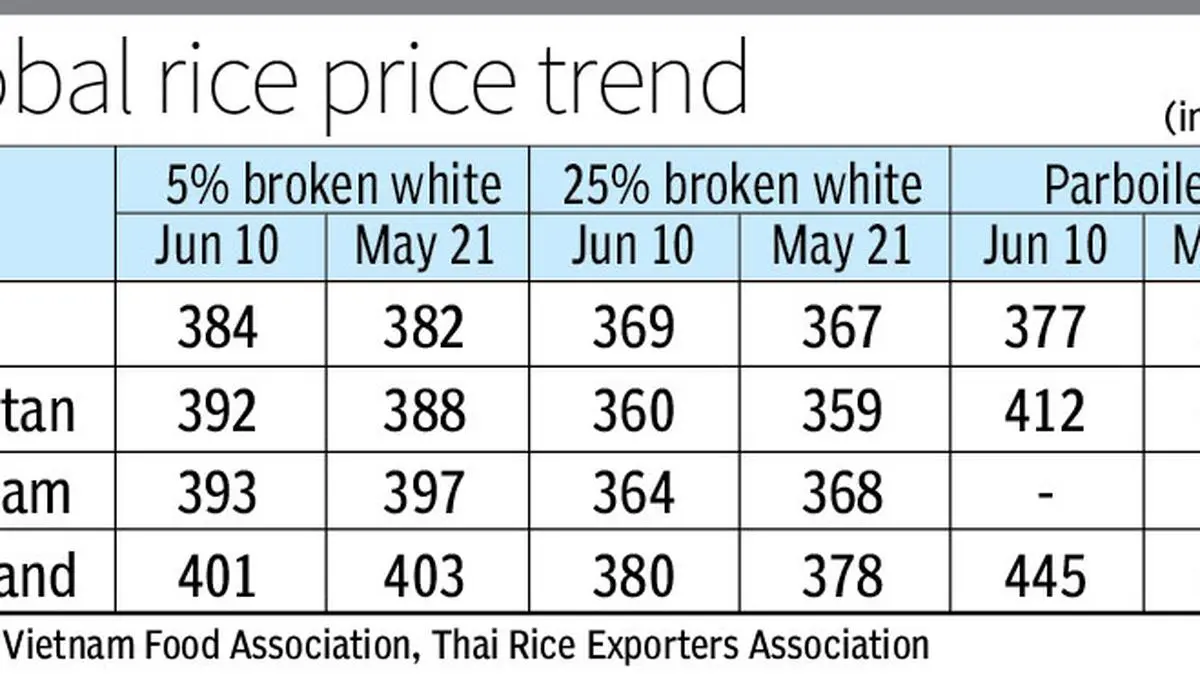Russia’s energy sector continues to navigate a complex landscape marked by geopolitical tensions, international sanctions, and strategic realignments. Recent developments shed light on the nation’s efforts to maintain its energy exports, adapt to shifting global dynamics, and explore new avenues for cooperation.
Circumventing Sanctions: The ‘Shadow Fleet’
In response to Western sanctions aimed at curbing its oil revenues, Russia has reportedly expanded a network of covertly managed vessels, referred to as the “shadow fleet.” This fleet facilitates the continued export of Russian oil by operating outside traditional channels, thereby mitigating the impact of imposed price caps. Investigations have uncovered the involvement of international financiers and shipping entities in supporting this clandestine operation.
Commitment to Abkhazia’s Energy Supply
Russian President Vladimir Putin has reaffirmed Russia’s commitment to supplying electricity to Abkhazia, a region that declared independence from Georgia. During a meeting with Abkhazia’s leader, Badra Gunba, at the Kremlin, Putin emphasized the special relationship between Russia and Abkhazia. This pledge comes amid Abkhazia’s ongoing energy challenges, including low water levels at hydroelectric plants and issues related to cryptocurrency mining.
Delays in EU’s Russian Energy Phase-Out Plan
The European Commission has postponed the announcement of its strategy to phase out Russian energy imports. Initially slated for release in late March, the plan’s unveiling has been delayed, reflecting the complexities involved in reducing dependency on Russian natural gas. While the EU set a non-binding goal to end Russian gas imports by 2027, some member states have increased their imports, underscoring the challenges in balancing energy security with geopolitical considerations
U.S. Intensifies Sanctions on Russia’s Energy Sector
The United States has escalated sanctions targeting Russia’s energy sector, focusing on major oil producers such as Gazprom Neft and Surgutneftegas. These measures also extend to over 180 vessels associated with oil transportation, including those within the “shadow fleet,” as well as numerous oil traders, service providers, and energy officials. The sanctions aim to diminish Russia’s primary revenue source and curtail its capacity to fund ongoing geopolitical endeavors.
Potential U.S.-Russia Arctic Energy Collaboration
In a surprising development, discussions between Russian and U.S. officials have broached the possibility of joint energy projects in the Arctic region. Meetings held in Saudi Arabia included talks about potential cooperation, signaling a nuanced approach to bilateral relations amidst broader tensions. While details remain sparse, such collaboration could have significant implications for Arctic energy exploration and geopolitical dynamics












